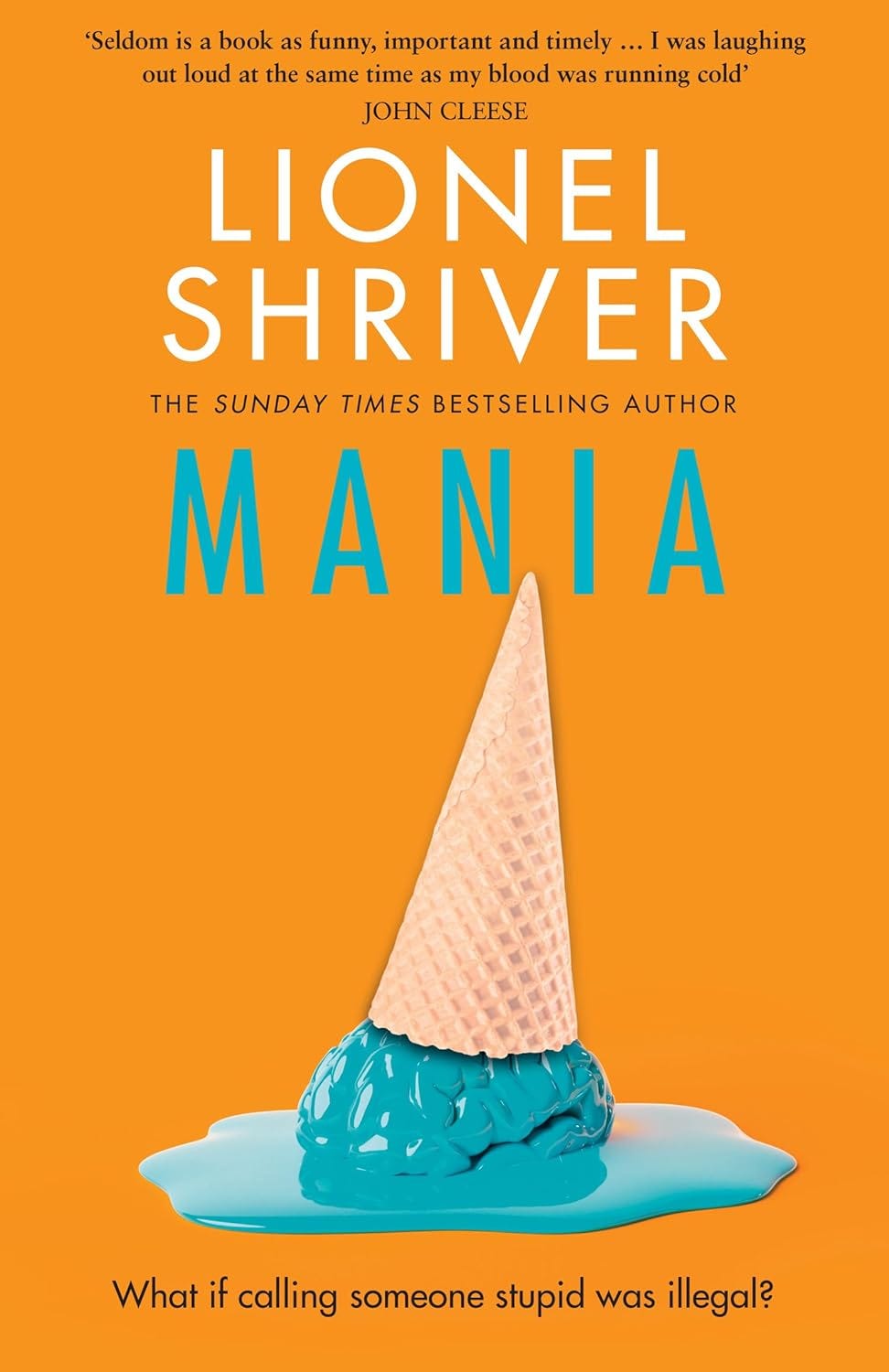Among the most alarming political trends in the twenty-first century is the manner in which one flavour of social contagion after another can catch fire and sweep the whole connected world in a heartbeat. One saw it when crowds in the far east with little or no population of African origin took to the streets to chant “Black lives matter” after the death of George Floyd. What Elon Musk calls the “woke mind virus” has infected academia, institutions, workplaces and all levels of government.
How does a satirical novelist satirise this? By making it personal. A measure of the book’s success is that the plight of college lecturer Pearson Converse is every bit as disturbing to follow as the real-life experience of, say, Graham Linehan. The mania that Converse finds herself railing against is Mental Parity, the sweeping obsession with suppressing cognitive difference in a narrative arc that combines both alternative history and speculative fiction.
Lionel Shriver pulls off a neat trick by confecting a mania that hasn’t quite happened but feels as if it could do or has partly happened already. We are used to the “all-must-win-prizes” mentality first evident decades ago in primary school sports days. Extending this to IQ or cognitive performance is not too much of a stretch, particularly as we see this already as a by-product of DEI. American air traffic controllers are no longer recruited on the basis of merit. As I discovered in the “Selection and Assessment” module of my psychology masters, hiring someone on the basis of IQ alone in the US has for some time been outlawed under something called “adverse impact” – google it if you’ve not come across the term. Have a copy of “The Bell Curve” visibly on display on your bookshelf and you can find yourself pilloried, as Michael Gove discovered in the first wave of that other episode of social contagion, the First Lockdown.
What Shriver has pulled off is to decouple intelligence from ethnicity, giving the book a similarly distressing sense of surreal but unstoppable decline as Atlas Shrugged which I thought about frequently. Mania is also about friendship as the novel charts the growing gulf between Converse and her increasingly establishment media friend Emory (a sort of female Gary Lineker) from whom she had been inseparable since adolescence. Anyone that has lost friends by falling on the “wrong” side of an argument in recent years (Brexit, Net Zero, Gaza – the examples are legion) will share Converse’s sense of betrayal. The sad fate of Converse’s blameless partner Wade made me quite angry.
Much of the exposition takes place over dinners and coffees and other Shriver novels such as The Mandibles are more action-packed. Nevertheless, she has some fun with imagining the rollcall of TV shows cancelled because of a central character’s “exclusionary intelligence”. Spoiler alert – Benedict Cumberbatch fares poorly thanks to Sherlock. As with all mania, this one subsides but is inevitably replaced by something else.
This is an important novel coming as it does from a thinker and writer pushing back bravely against any number of fads and refusing to be cancelled. As an anatomy of how social contagion can ruin lives, it deserves to be read widely. Just don’t expect to emerge from the experience feeling optimistic.




